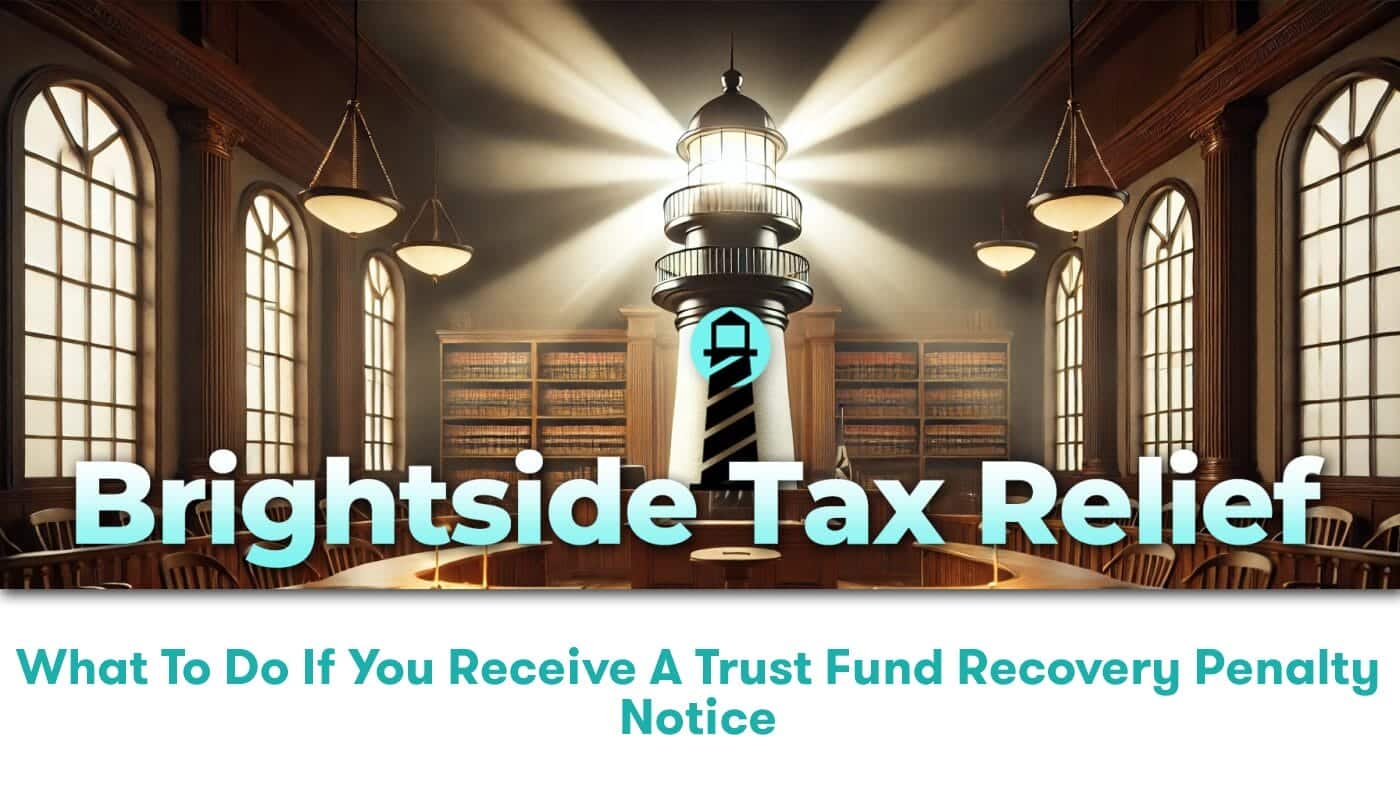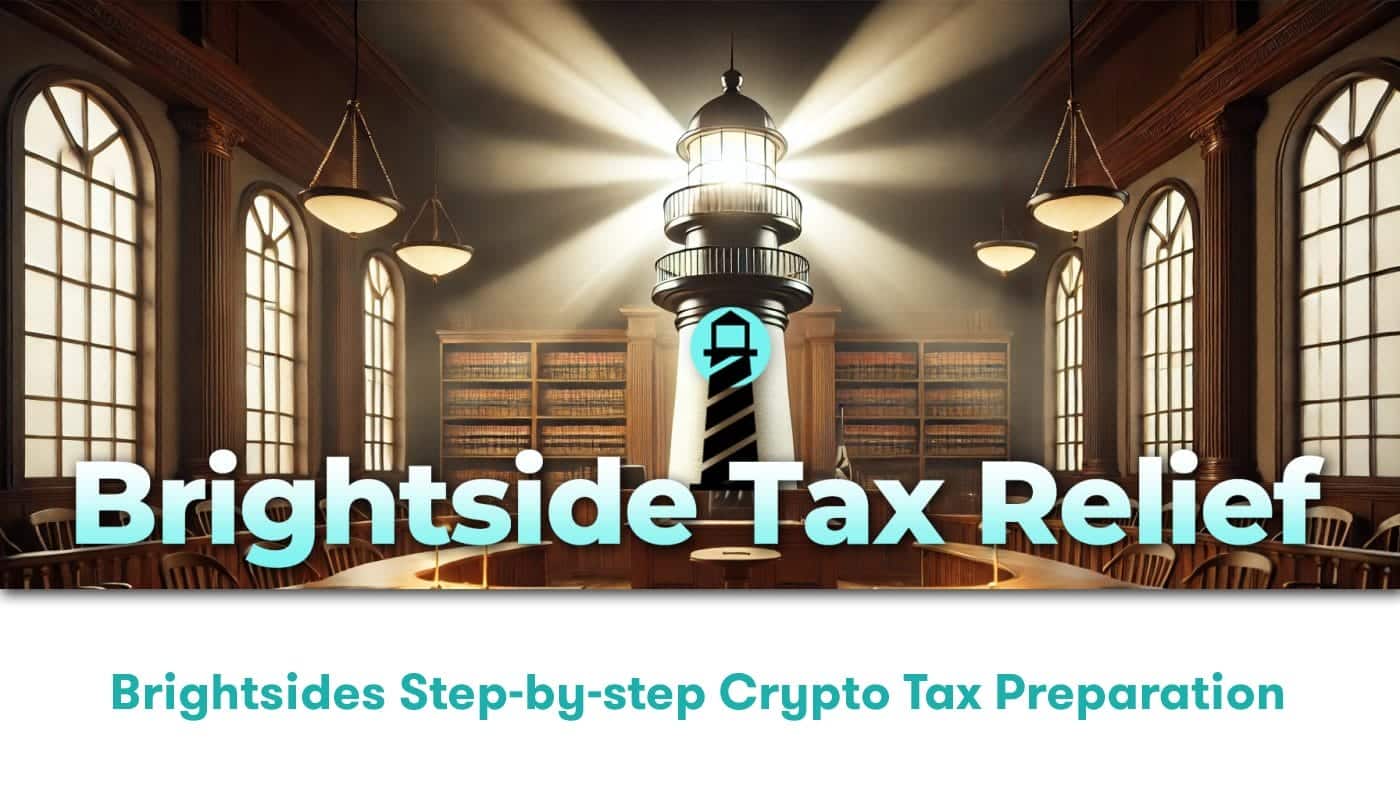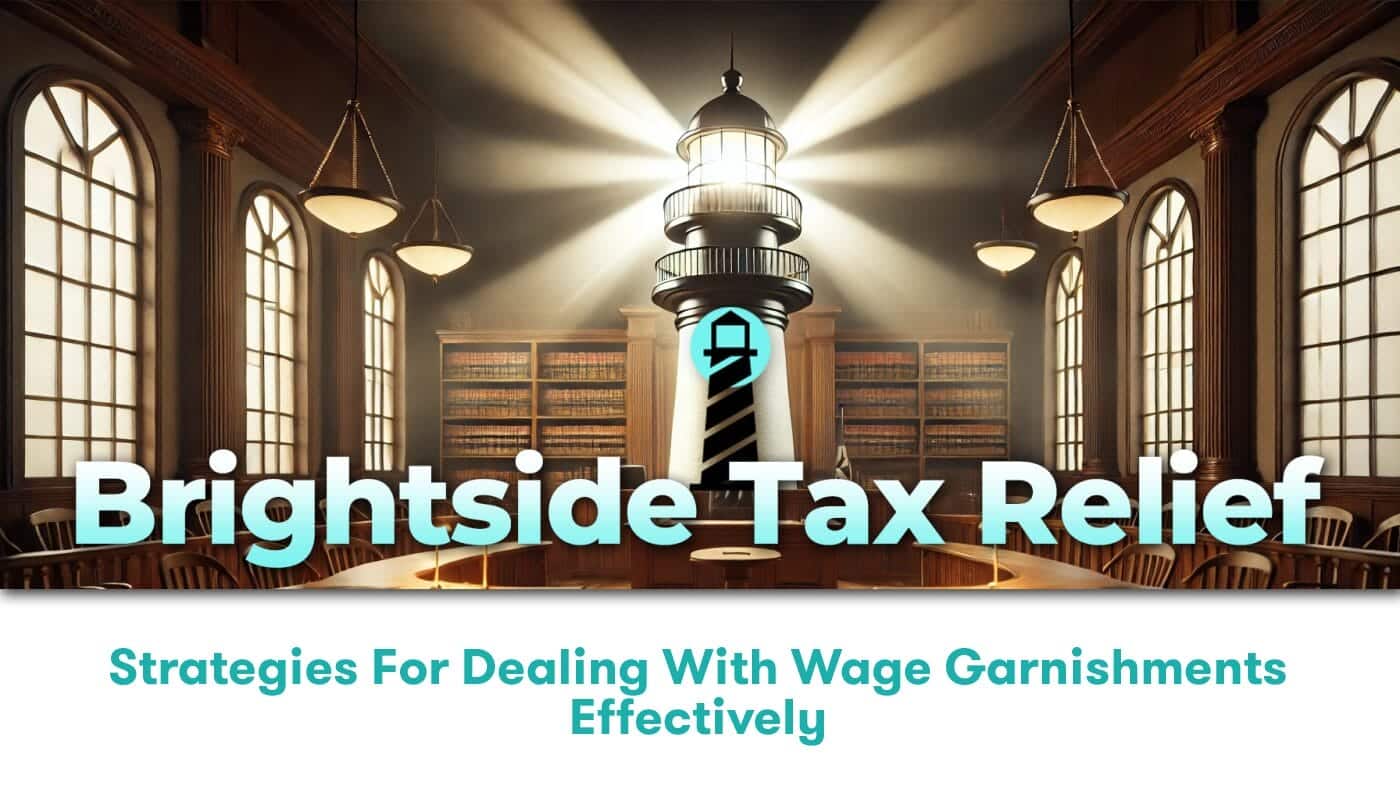Understanding the Concept of Debt Settlement with the IRS
When met with the challenge of owing taxes to the Internal Revenue Service (IRS), many taxpayers are inundated with questions about how they can effectively resolve their tax issues and ease their financial difficulties. Brightside Tax Relief, a national tax relief company, serves as a trusted partner in helping citizens navigate this process. This article explores the different IRS debt resolution strategies at your disposal, aiming to help you make informed decisions and reassuring you that it’s possible to settle debt with IRS.
Recognizing the Importance of Negotiation
At the core of every debt settlement effort, negotiation pumps life into the process. If you want to settle debt with IRS, understanding the art of negotiation is critical. The IRS may seem intimidating, but remember, it primarily seeks to recover as much money owed as possible.
Approaching them with a logical and well-thought-out proposal can, therefore, be beneficial for both you and the agency. This is where expert help from companies like Brightside Tax Relief can be priceless.
Options of Debt Settlement with the IRS
The IRS provides different options for taxpayers to settle their debts. These options are designed to cater to different financial situations. The following are some of these options.
Offer in Compromise
An Offer in Compromise (OIC) program allows taxpayers to settle their tax debt for a smaller amount than they owe. This is an option when paying the entire tax debt would create a financial hardship for the taxpayer. However, not everyone qualifies for an OIC, and certain criteria must be met.
Installment Agreement
Under an Installment Agreement, the taxpayer agrees to pay off their tax debt over time with monthly payments. The amount of each payment is based on the taxpayer’s income and expenses. This method is effective for people unable to pay off their debts in full but can afford smaller, consistent payments.
Currently Not Collectible Status
If a taxpayer cannot pay the tax debt and their basic living expenses, they can request Currently Not Collectible (CNC) status. In this scenario, the IRS temporarily suspends collection activities until the taxpayer’s financial situation improves.
Seeking Professional Assistance
Attempting to negotiate or settle a debt with the IRS can be an overwhelming task for anyone, especially when facing financial difficulties. Just as how legal proceedings necessitate the involvement of an attorney, tax resolution issues involve their complexities too, thus making professional assistance a wise choice.
The role of companies like Brightside Tax Relief isn’t just confined to providing professional tax advice or representing clients before IRS officials. They offer enormous value in the form of peace of mind – whether it’s about structuring an effective debt settlement strategy, negotiating optimal payment terms, or facilitating the completion of daunting paperwork.
Avoiding Scams
In attempting to settle IRS debt, it’s crucial to avoid the countless scam companies and fraud artists in the market. If a company promises to wipe out your IRS debt for pennies on the dollar or guarantees that your offer in compromise will be accepted, caution is warranted. Remember, only the IRS can make the final decision on whether to accept a proposal or not. Always ensure to work with a credible and reputable company like Brightside Tax Relief.
Common Misunderstandings about IRS Debt Settlement
Debt settlement isn’t bankruptcy:
For fear of ruining their credit scores, many people assume that debt settlement is as bad as declaring bankruptcy. In reality, it isn’t. Debt settlement is a series of negotiations between the IRS and the taxpayer, aiming to come up with a mutually acceptable payment plan or reduction. Bankruptcy, on the other hand, is a drastic measure taken when other remedies have failed – and this can indeed wreak havoc on a credit score for several years.
IRS debt doesn’t go away:
Dealing with the IRS isn’t like dealing with a typical creditor. Ignoring the problem won’t make it go away. Instead, it could lead to wage garnishments and seizure of assets.
Conclusion
In conclusion, it’s important to address your tax issues promptly to prevent penalties, interest, and legal trouble. The challenges thrown upon us by IRS debt and the accompanying financial stress can be daunting, but with the right advice and assistance, they can be managed effectively. Brightside Tax Relief offers a beacon of light to guide you through the darkness of tax debts, and we ensure that your plight to settle debt with IRS is settled in the fairest possible way.
For more information on how to settle your tax debt with the IRS, click here.






